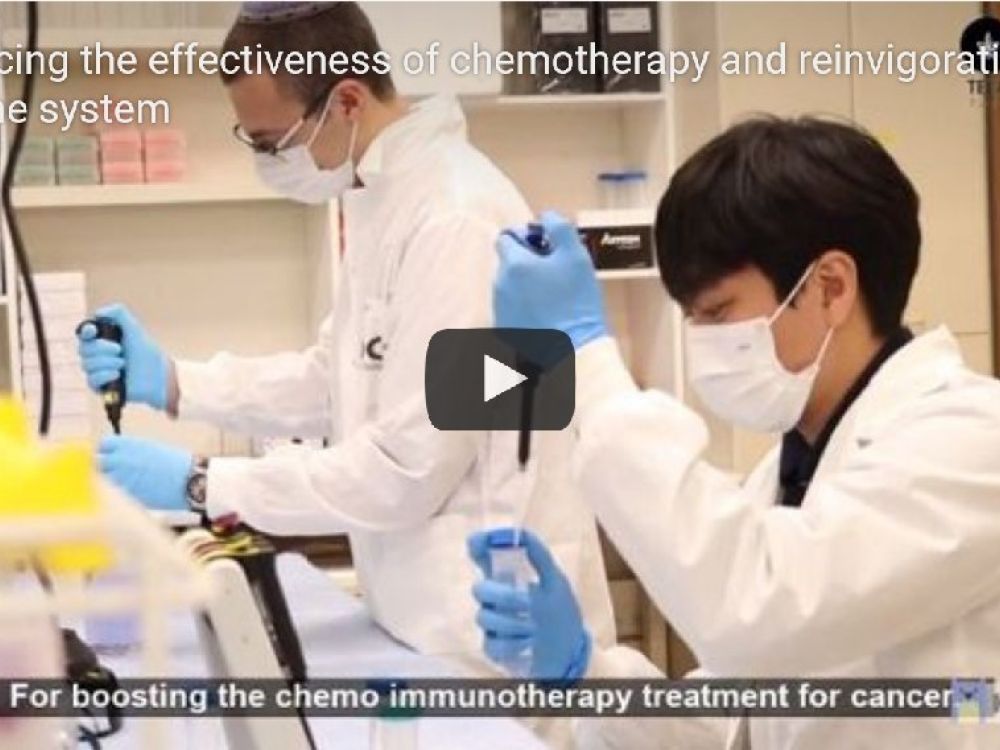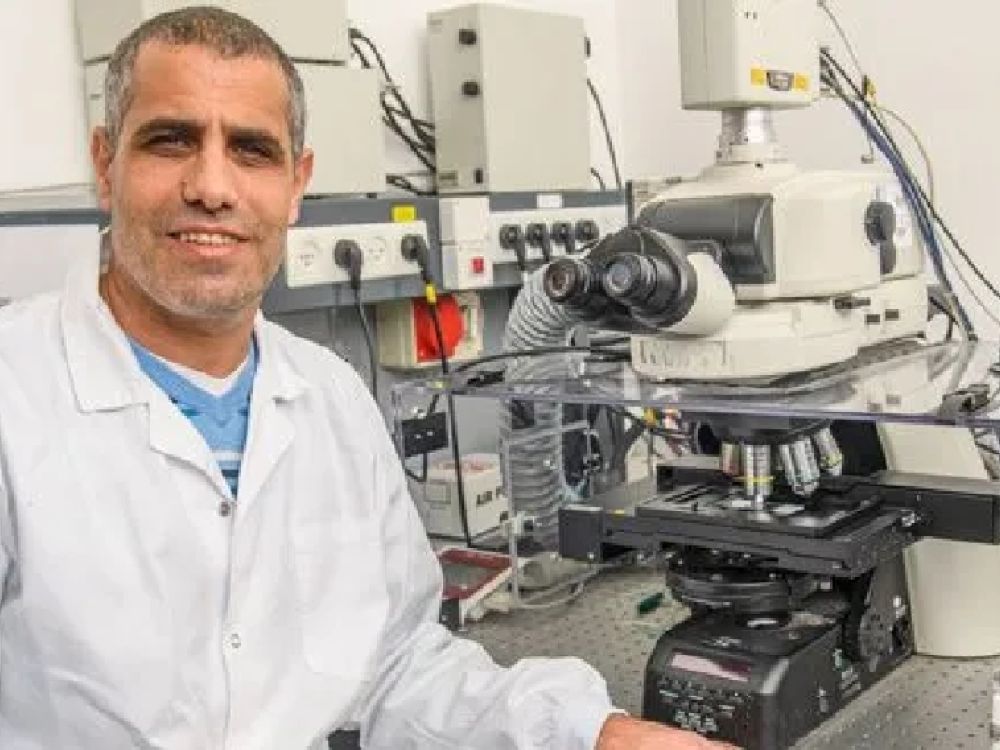
The window of opportunity for preventing metastases
Immune System Stimulating Treatment to Reduce Psychological and Physiological Stress Prevents Metastases and Can Save Cancer Patients’ Lives
In a breakthrough research published recently in Nature magazine, Tel Aviv University researchers found that the short time period around the tumor removal surgery (the weeks before and after surgery), is critical for prevention of metastases development, which develop when the body is under stress.
According to the researchers, to prevent development of metastases after the surgery, patients need immunotherapeutic treatment along with treatment to reduce inflammation, and physical and psychological stress. The research was conducted by Prof. Shamgar Ben-Eliyahu from the School of Psychological Sciences and Sagol School of Neuroscience at Tel Aviv University and Prof. Oded Zmora from Assaf Harofe Medical Center.
Immunotherapeutic treatment is a medical treatment activating the immune system. One such treatment, for example, is injecting substances with similar receptors to those of viruses and bacteria into the patient’s body. The immune system recognizes them as a threat and activates itself, thus it can prevent a metastatic disease.
Prof. Ben-Eliyahu explains: Surgery for the removal of the primary tumor is a mainstay in cancer treatment, however the risk of developing metastases after surgery is estimated at 10% among breast cancer patients, at 20%-40% among colorectal cancer patients, and at 80% among pancreas cancer patients.
According to Prof. Ben-Eliyahu, when the body is under physiological or psychological stress, such as a surgery, groups of hormones called prostaglandin and catecholamine are being produced in large quantities. These hormones suppress the immune system cells’ activity, and thus indirectly increase the development of metastases. Additionally, these hormones help tumor cells left after the surgery to develop into life threatening metastases. Thus, exposure to those hormones cause tumor tissues to become more aggressive and metastatic.
“Medical and immunotherapeutic intervention to reduce psychological and physiological stress, and activate the immune system in the critical period before and after the surgery, can prevent development of metastases, which will be discovered months of years later,” stresses Prof. Ben-Eliyahu.
Prof. Ben-Eliyahu adds that anti-metastatic treatment today skips the critical period around the surgery, thus leaves the medical staff to face the consequences of treating progressive and resistant metastatic processes, which are much harder to stop. Prof. Ben-Eliyahu’s research contradicts the assumption, widespread in the medical community, according to which, just like in chemo and radiotherapy, it is not recommended to give cancer patients immunotherapeutic treatment in the month before and after the surgery.
Related posts






TAU Breakthrough Offers New Hope to Help People With Paralysis Walk Again



